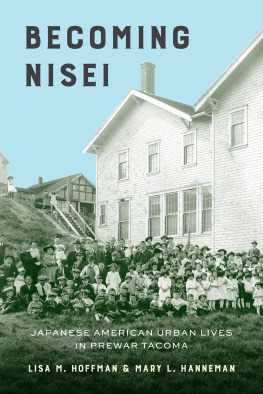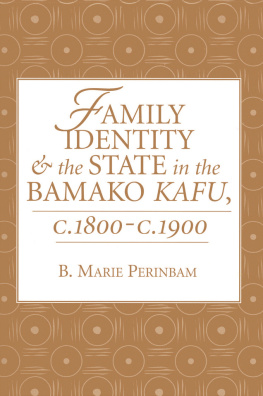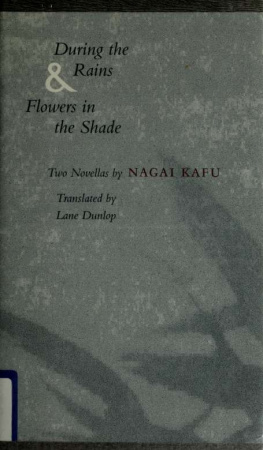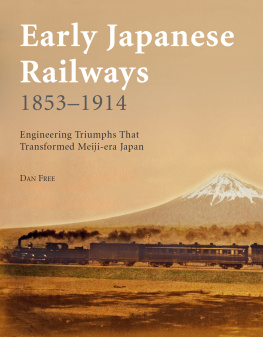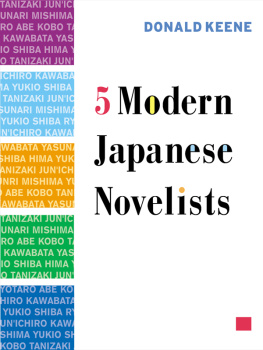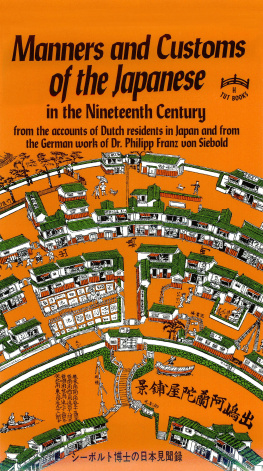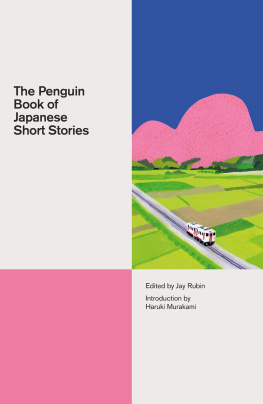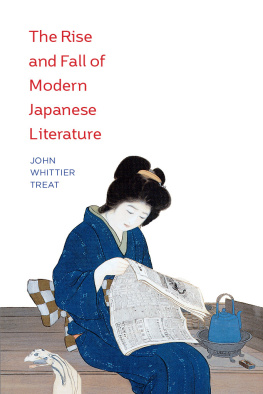Nagai Kafu - American stories: [a Japanese writers classic account of turn-of-the-century America]
Here you can read online Nagai Kafu - American stories: [a Japanese writers classic account of turn-of-the-century America] full text of the book (entire story) in english for free. Download pdf and epub, get meaning, cover and reviews about this ebook. City: New York, year: 2000;2012, publisher: Columbia University Press, genre: Detective and thriller. Description of the work, (preface) as well as reviews are available. Best literature library LitArk.com created for fans of good reading and offers a wide selection of genres:
Romance novel
Science fiction
Adventure
Detective
Science
History
Home and family
Prose
Art
Politics
Computer
Non-fiction
Religion
Business
Children
Humor
Choose a favorite category and find really read worthwhile books. Enjoy immersion in the world of imagination, feel the emotions of the characters or learn something new for yourself, make an fascinating discovery.
- Book:American stories: [a Japanese writers classic account of turn-of-the-century America]
- Author:
- Publisher:Columbia University Press
- Genre:
- Year:2000;2012
- City:New York
- Rating:3 / 5
- Favourites:Add to favourites
- Your mark:
American stories: [a Japanese writers classic account of turn-of-the-century America]: summary, description and annotation
We offer to read an annotation, description, summary or preface (depends on what the author of the book "American stories: [a Japanese writers classic account of turn-of-the-century America]" wrote himself). If you haven't found the necessary information about the book — write in the comments, we will try to find it.
Nagai Kafu is one of the greatest modern Japanese writers, but until now his classic collection, American Stories, based on his sojourn from Japan to Washington State, Michigan, and New York City in the early years of the twentieth century, has never been available in English. Here, with a detailed and insightful introduction, is an elegant translation of Kafus perceptive and lyrical account.
Like de Tocqueville a century before, Kafu casts a fresh, keen eye on vibrant and varied America -- world fairs, concert halls, and college campuses; saloons, the immigrant underclass, and red-light districts. Many of his vignettes involve encounters with fellow Japanese or Chinese immigrants, some of whom are poorly paid laborers facing daily discrimination. The stories paint a broad landscape of the challenges of American life for the poor, the foreign born, and the disaffected, peopled with crisp individual portraits that reveal the daily disappointments and occasional euphorias of modern life.
Translator Mitsuko Iriyes introduction provides important cultural and biographical background about Kafus upbringing in rapidly modernizing Japan, as well as literary context for this collection. In the first story, Night Talk in a Cabin, three young men sailing from Japan to Seattle each reveal how poor prospects, shattered confidence, or a broken heart has driven him to seek a better life abroad. In Atop the Hill, the narrator meets a fellow Japanese expatriate at a small midwestern religious college, who slowly reveals his complex reasons for leaving behind his wife in Japan. Caught between the pleasures of Americas cities and the stoicism of its small towns, he wonders if he can ever return home.
Kafu plays with the contradictions and complexities of early twentieth-century America, revealing the tawdry, poor, and mundane underside of New Yorks glamour in Ladies of the Night while celebrating the ingenuity, cosmopolitanism, and freedom of the American city in Two Days in Chicago. At once sensitive and witty, elegant and gritty, these stories provide a nuanced outsiders view of the United States and a perfect entrance into modern Japanese literature.
ReviewAn early masterpiece by one of the most famous writers of modern Japan. . . one of the most remarkable collections of stories about the United States ever composed by a Japanese writer. Long a classic in Japan, the publication of these stories in English translation is an event of considerable importance, long overdue. -- Review
Nagai Kafus American Stories is unquestionably among the most interesting works not only of his career but of Japanese literature in general in the early years of this century. It provides a panoramic view of the American continent through the eyes of an extraordinarily astute outside observer and at the same time paints an intimate portrait of the observer himself and his position between cultures. -- Steven Snyder, University of Colorado, Boulder
The American Stories (Amerika monogatari) by Nagai Kafu (1879-1959), an early masterpiece by one of the most famous writers of modern Japan, was first published in 1908 and remains one of the most remarkable collections of stories about the United States ever composed by a Japanese writer. Long a classic in Japan, the publication of these stories in English translation is an event of considerable importance, long overdue. -- J. Thomas Rimer, University of Pittsburgh
ReviewNagai Kafus American Stories is unquestionably among the most interesting works not only of his career but of Japanese literature in general in the early years of this century. It provides a panoramic view of the American continent through the eyes of an extraordinarily astute outside observer and at the same time paints an intimate portrait of the observer himself and his position between cultures.
(Stephen Snyder, University of Colorado, Boulder )
Nagai Kafu: author's other books
Who wrote American stories: [a Japanese writers classic account of turn-of-the-century America]? Find out the surname, the name of the author of the book and a list of all author's works by series.

![Nagai Kafu American stories: [a Japanese writers classic account of turn-of-the-century America]](/uploads/posts/book/222577/thumbs/nagai-kafu-american-stories-a-japanese-writer-s.jpg)

